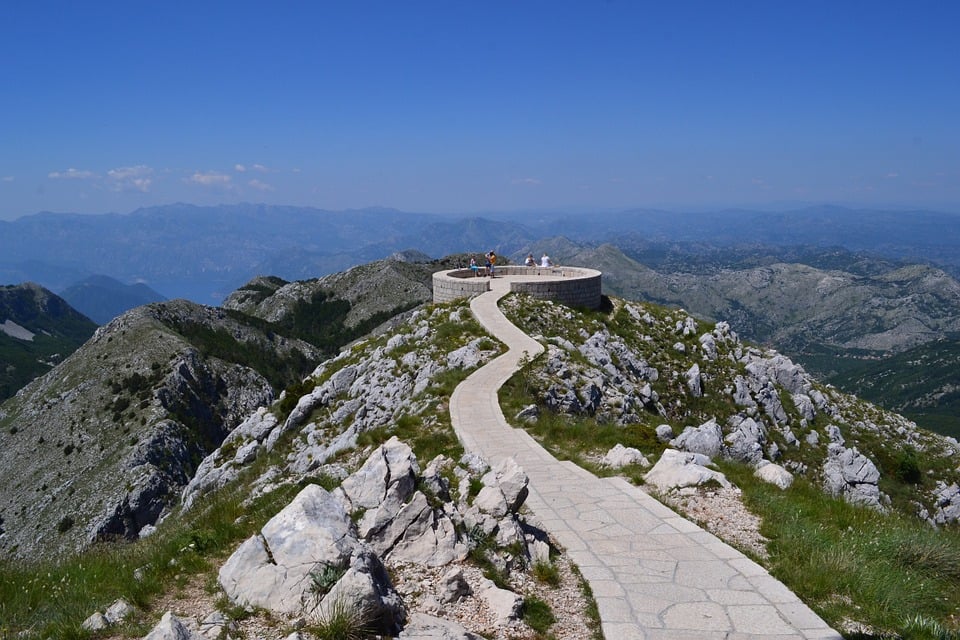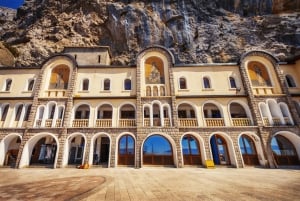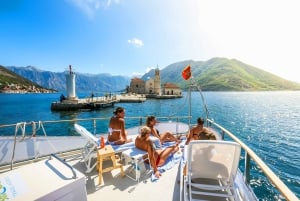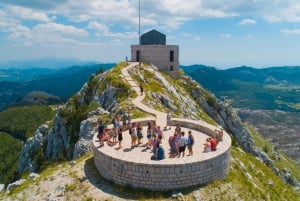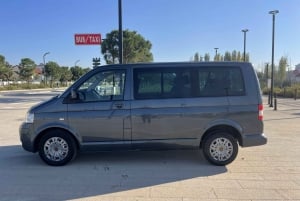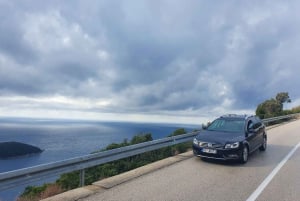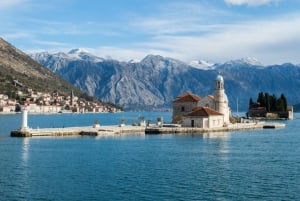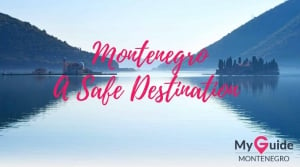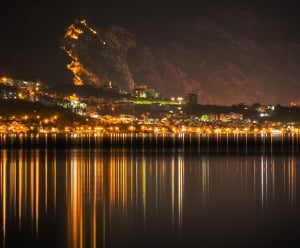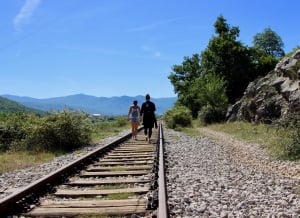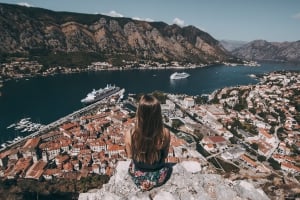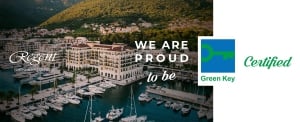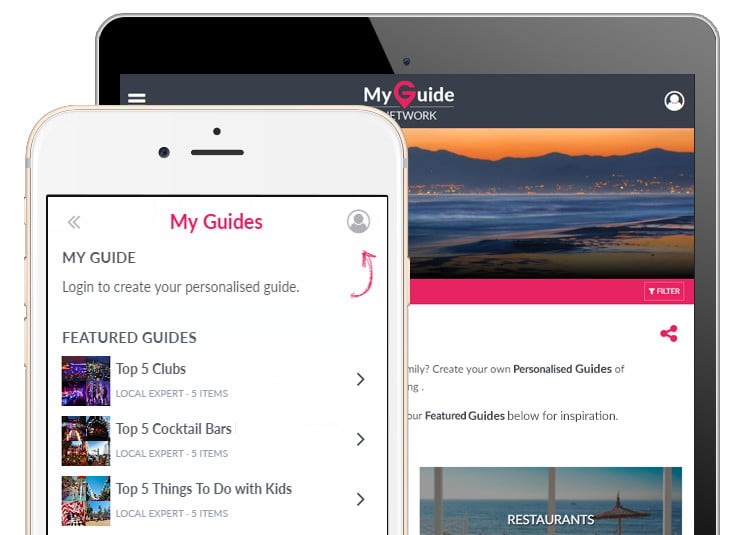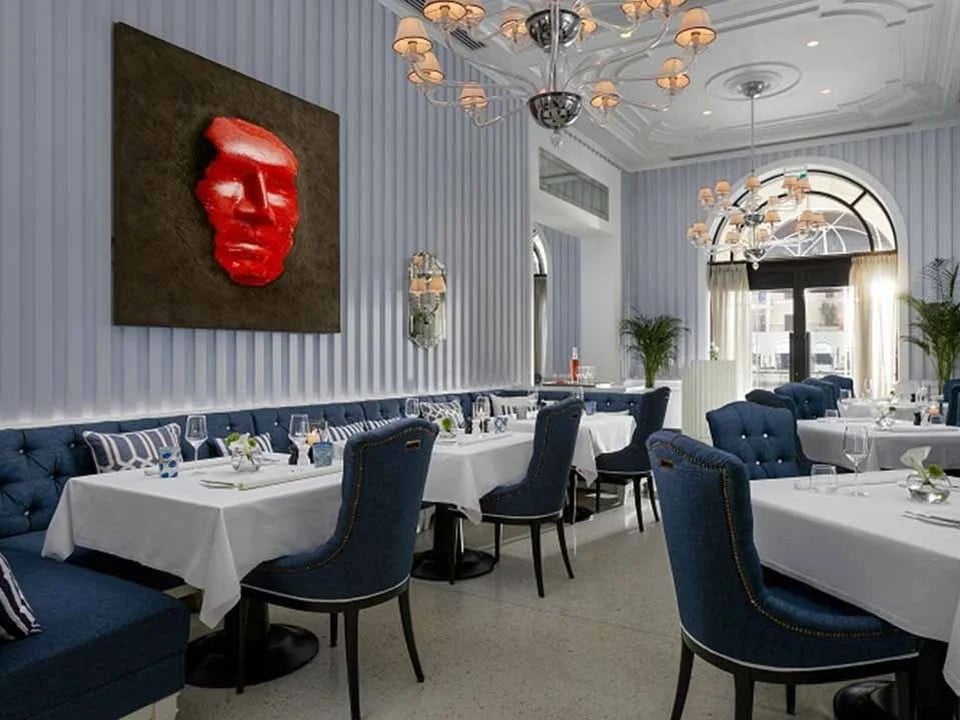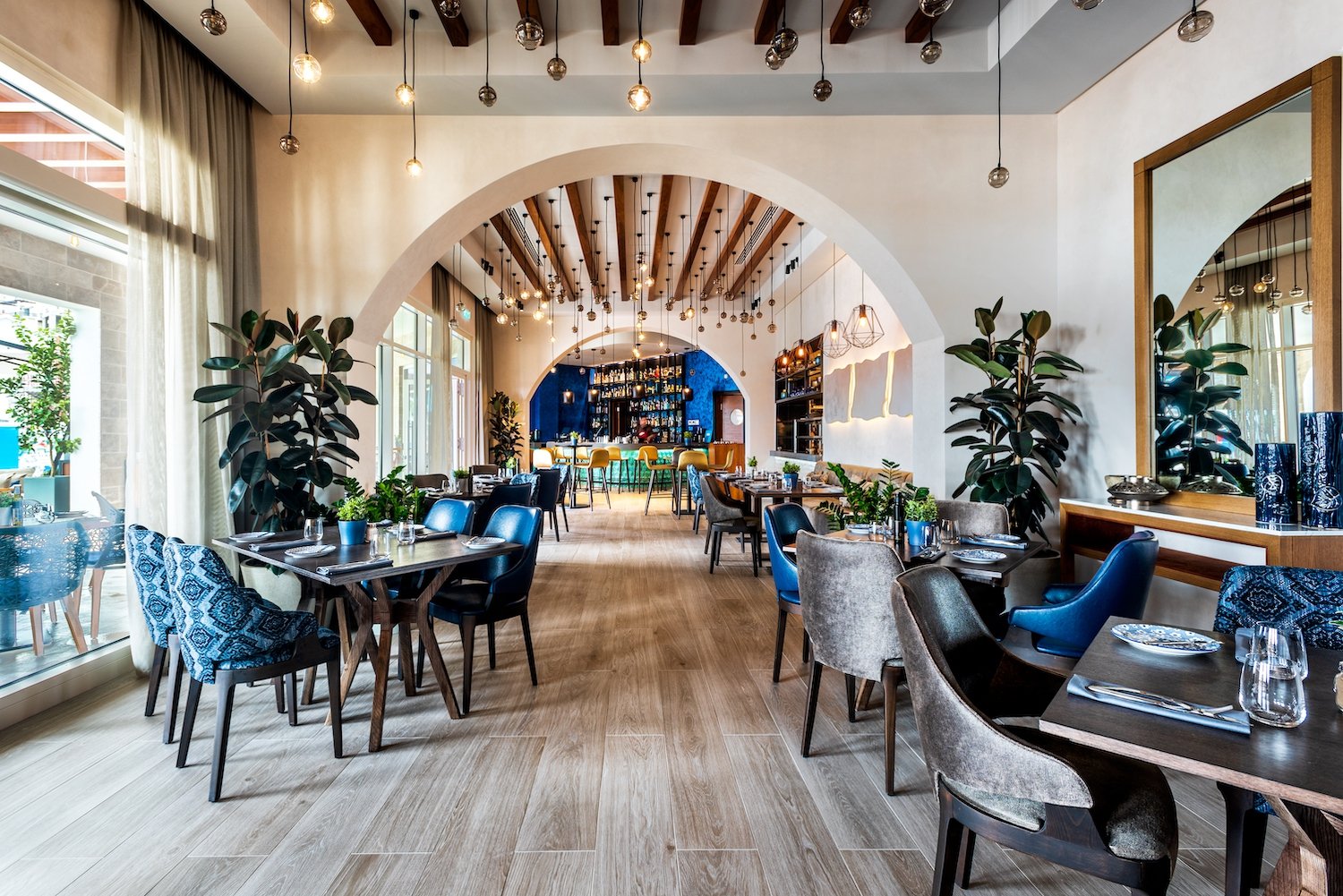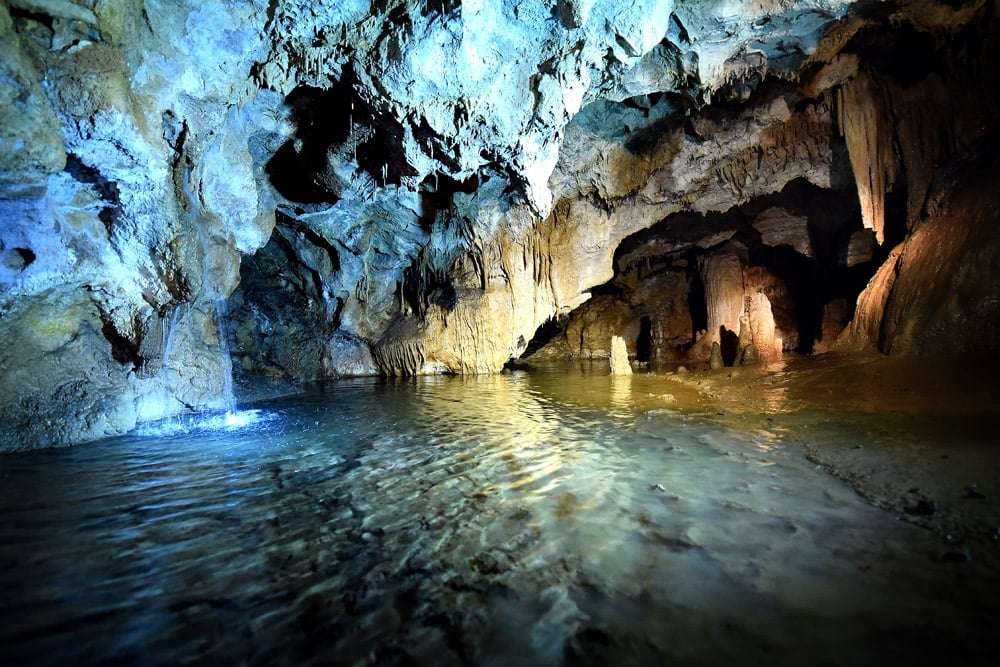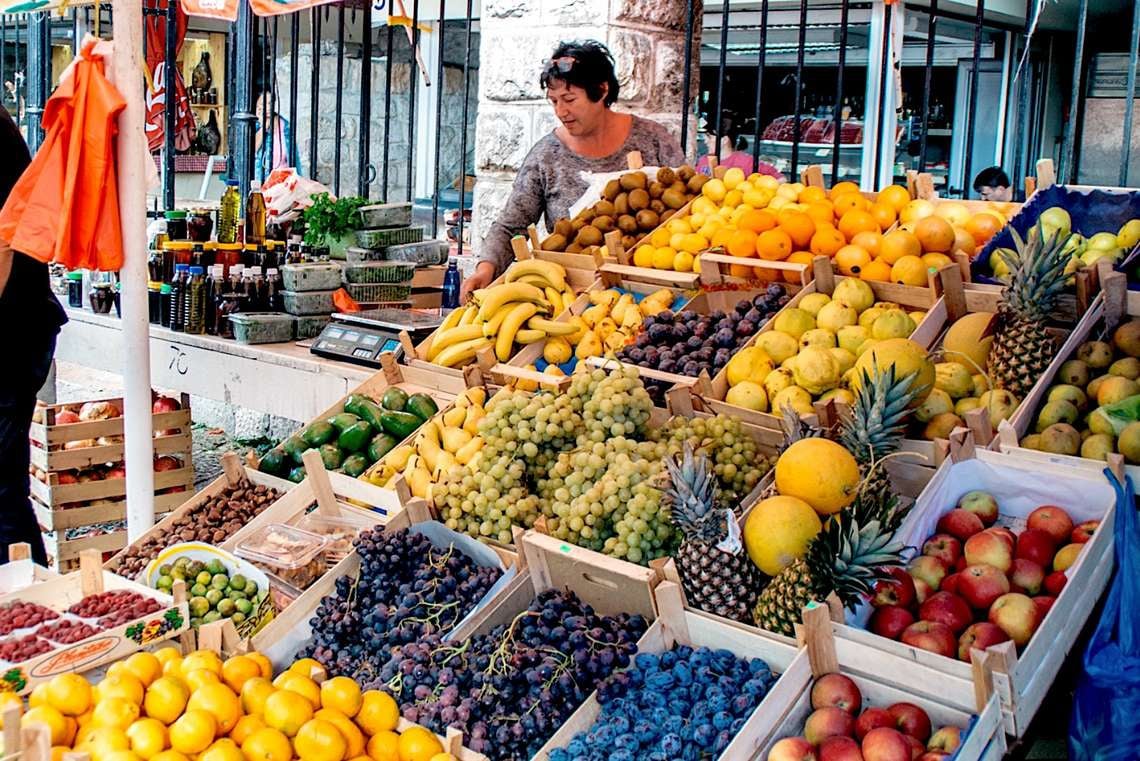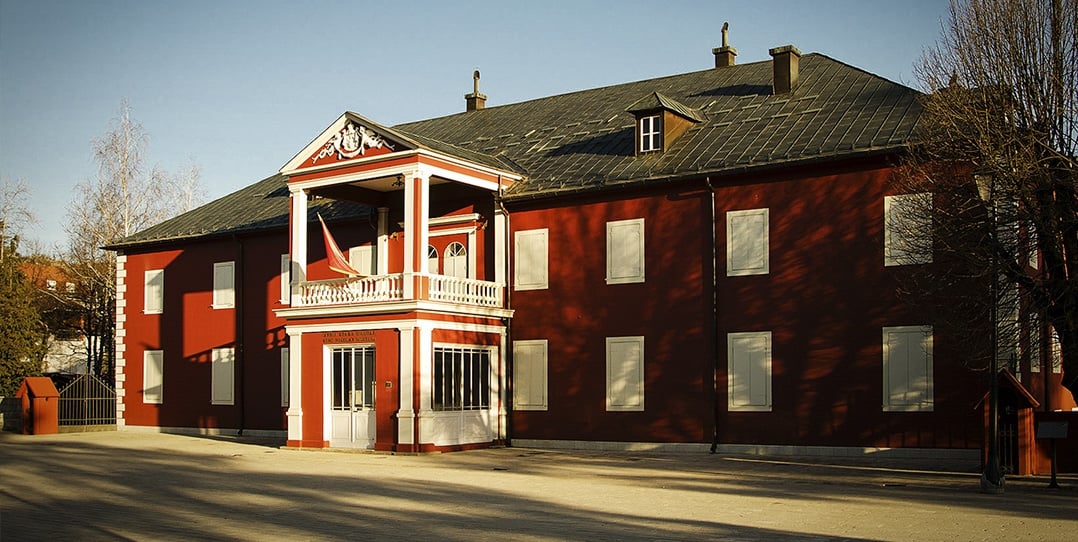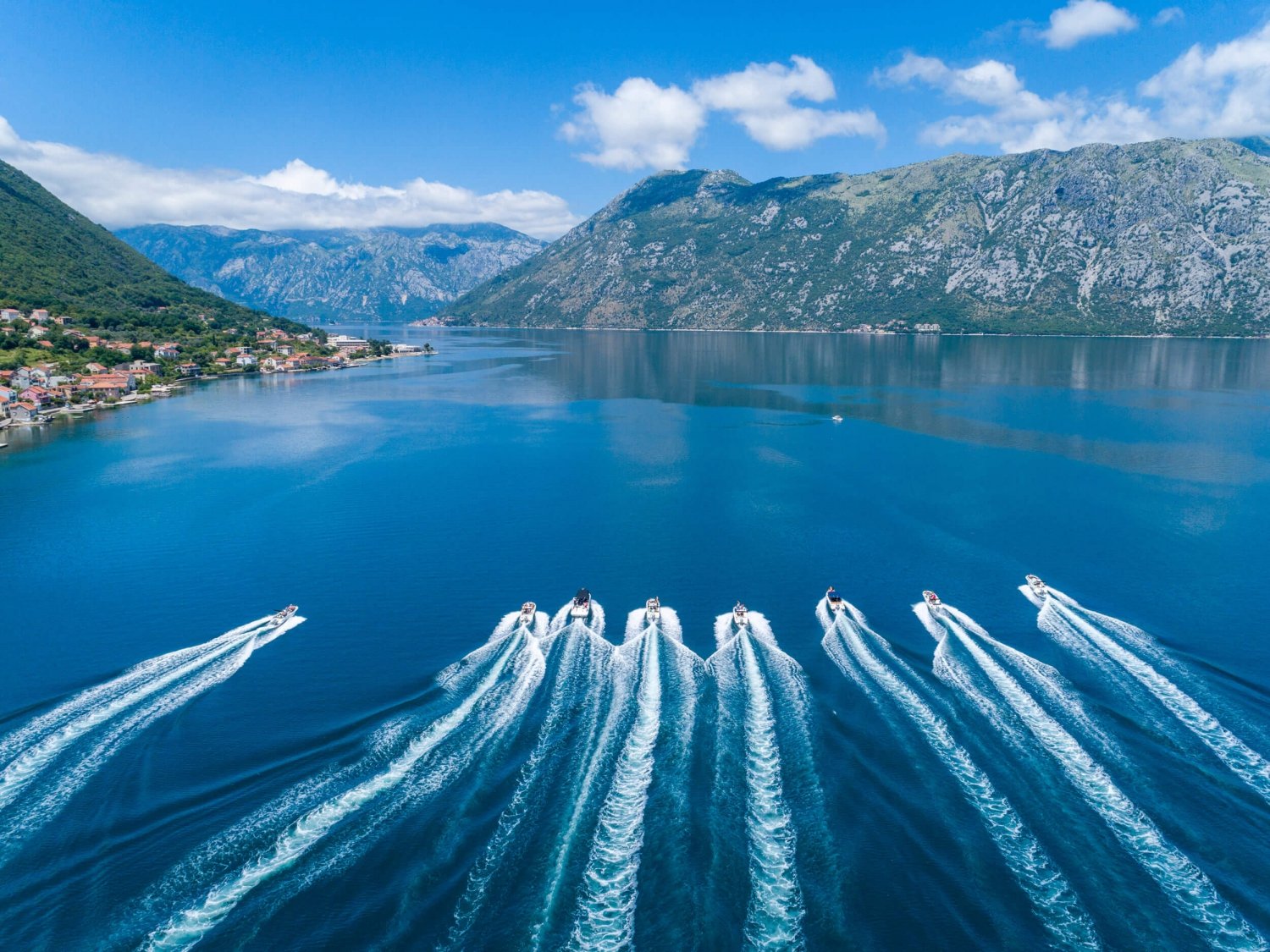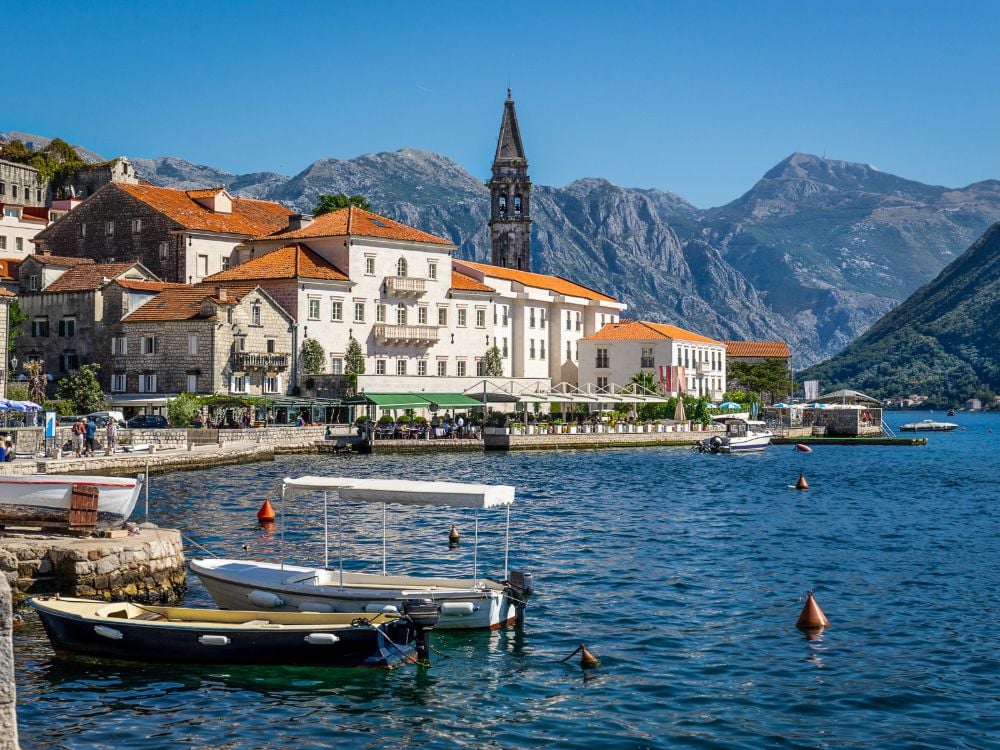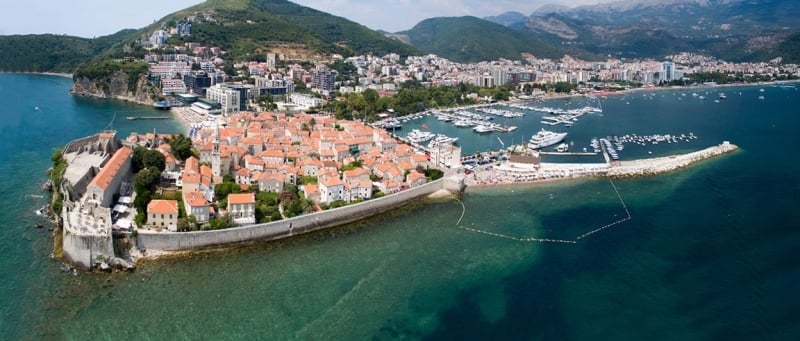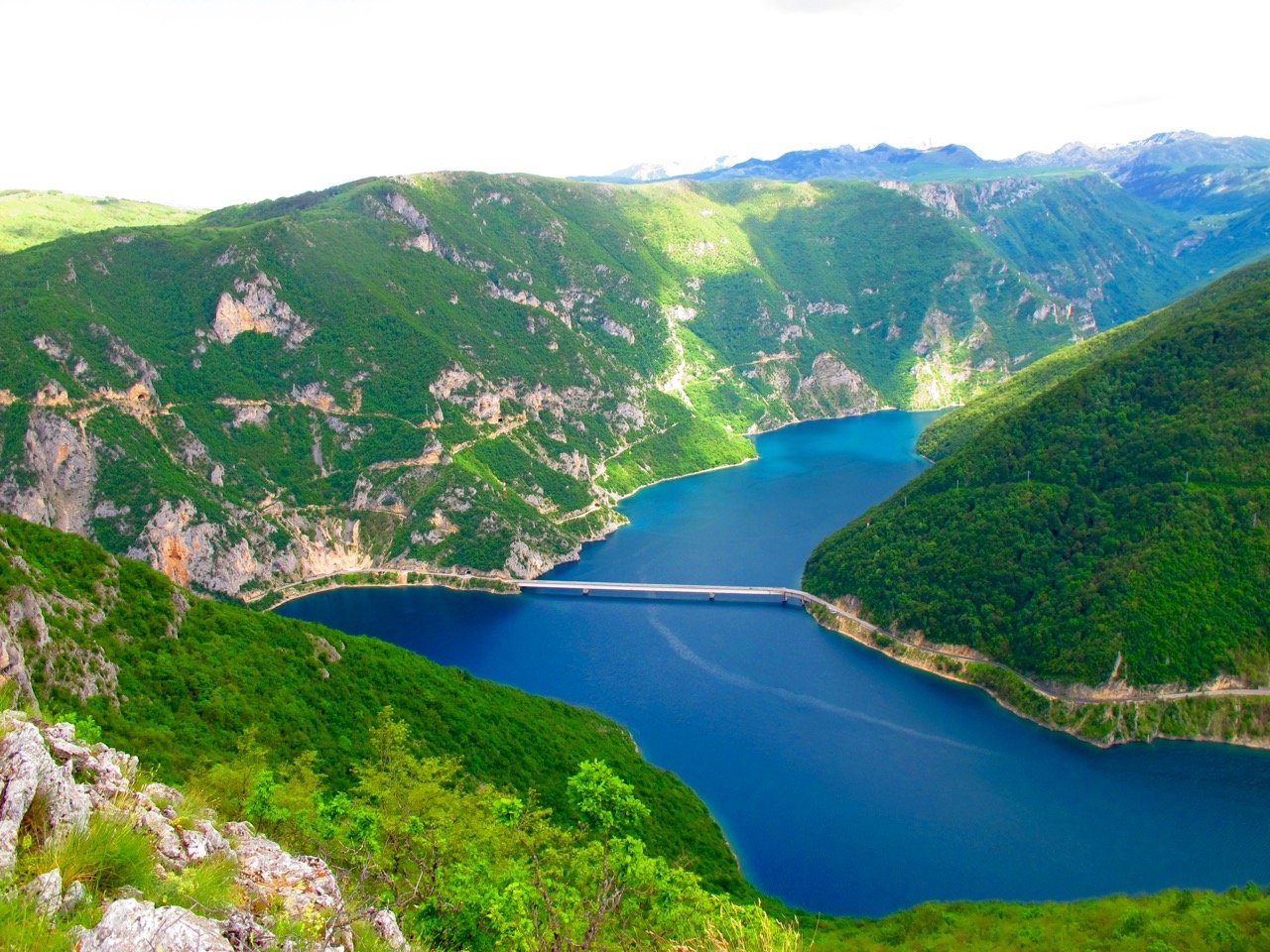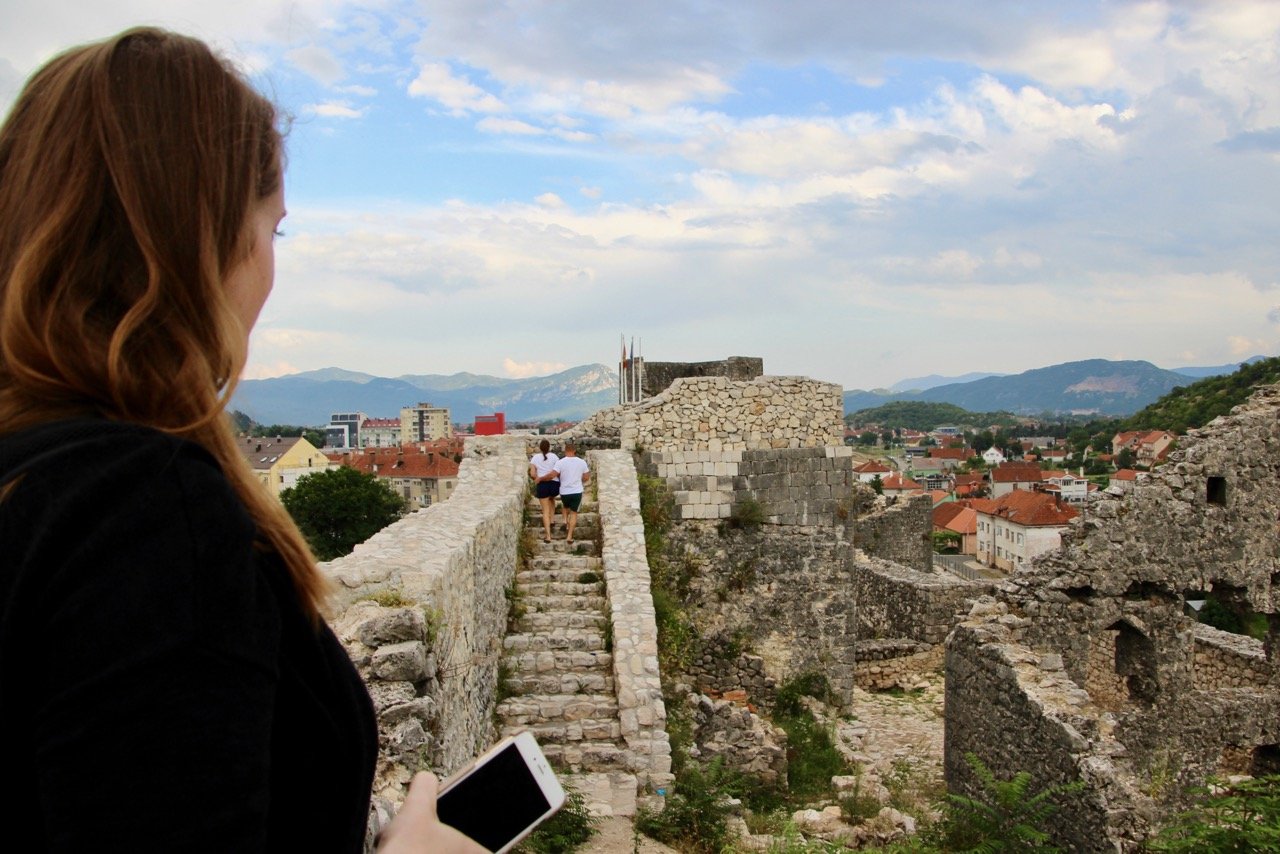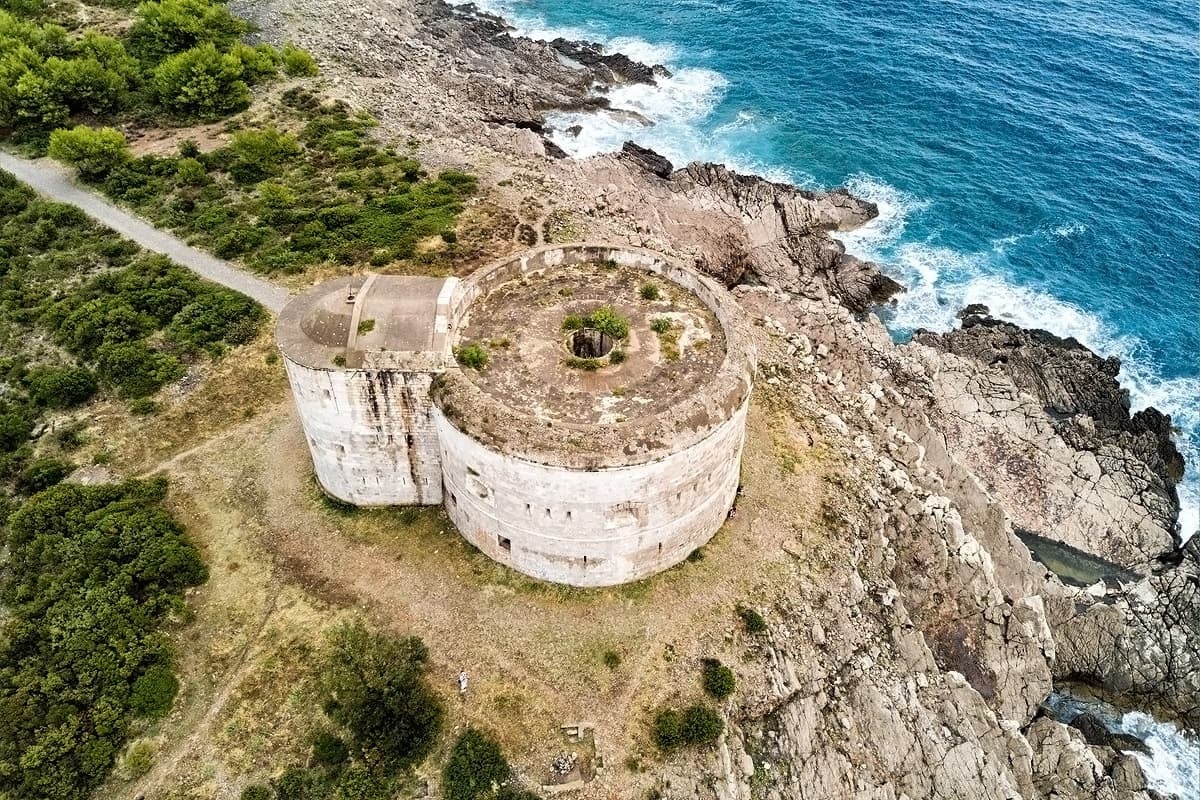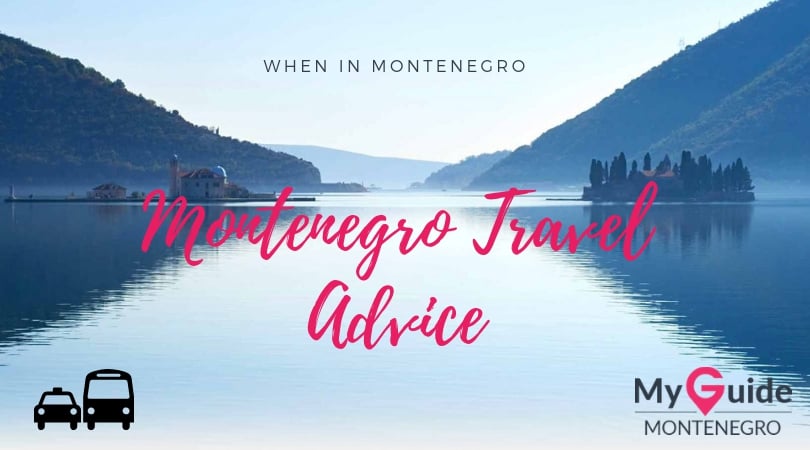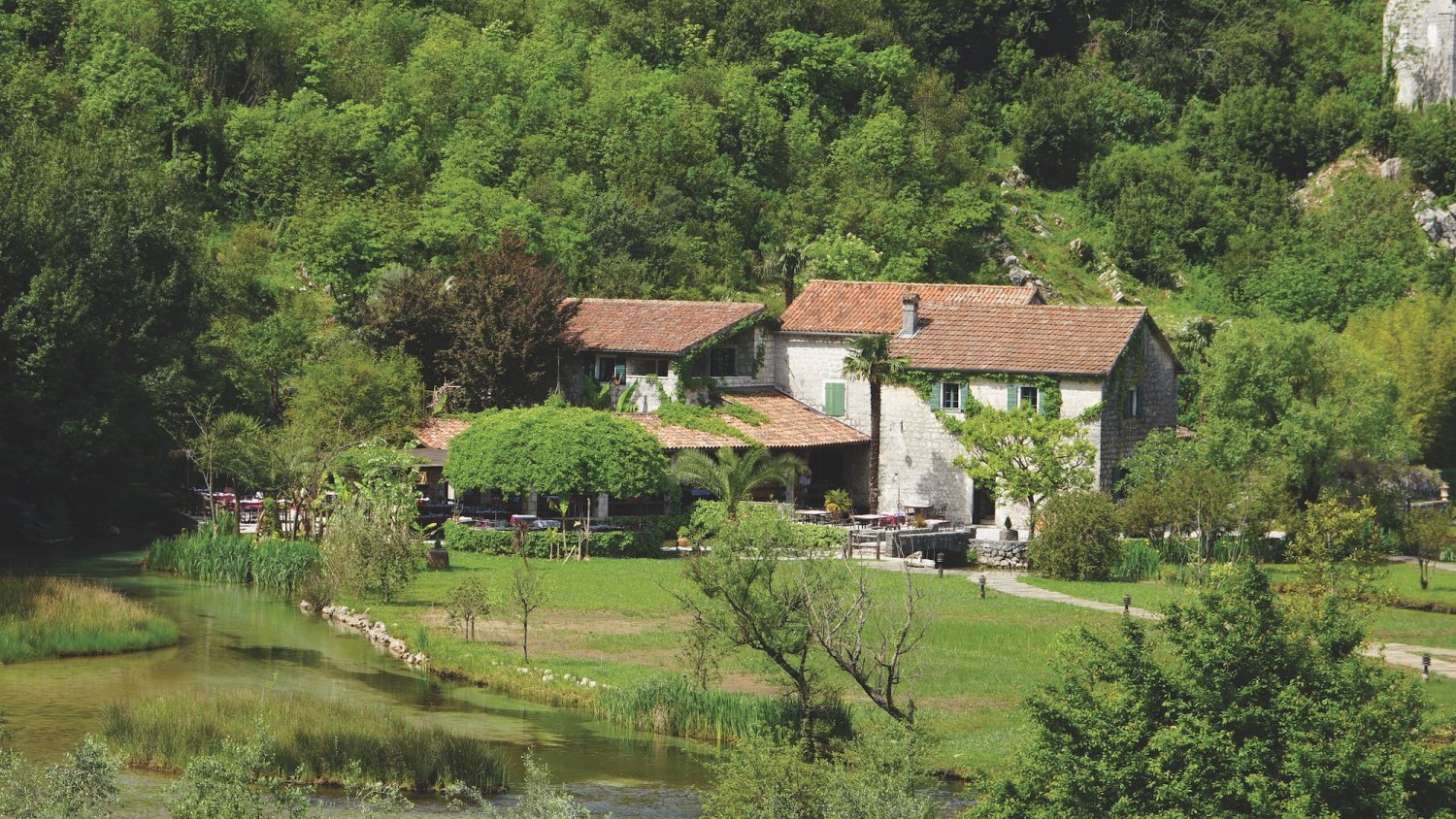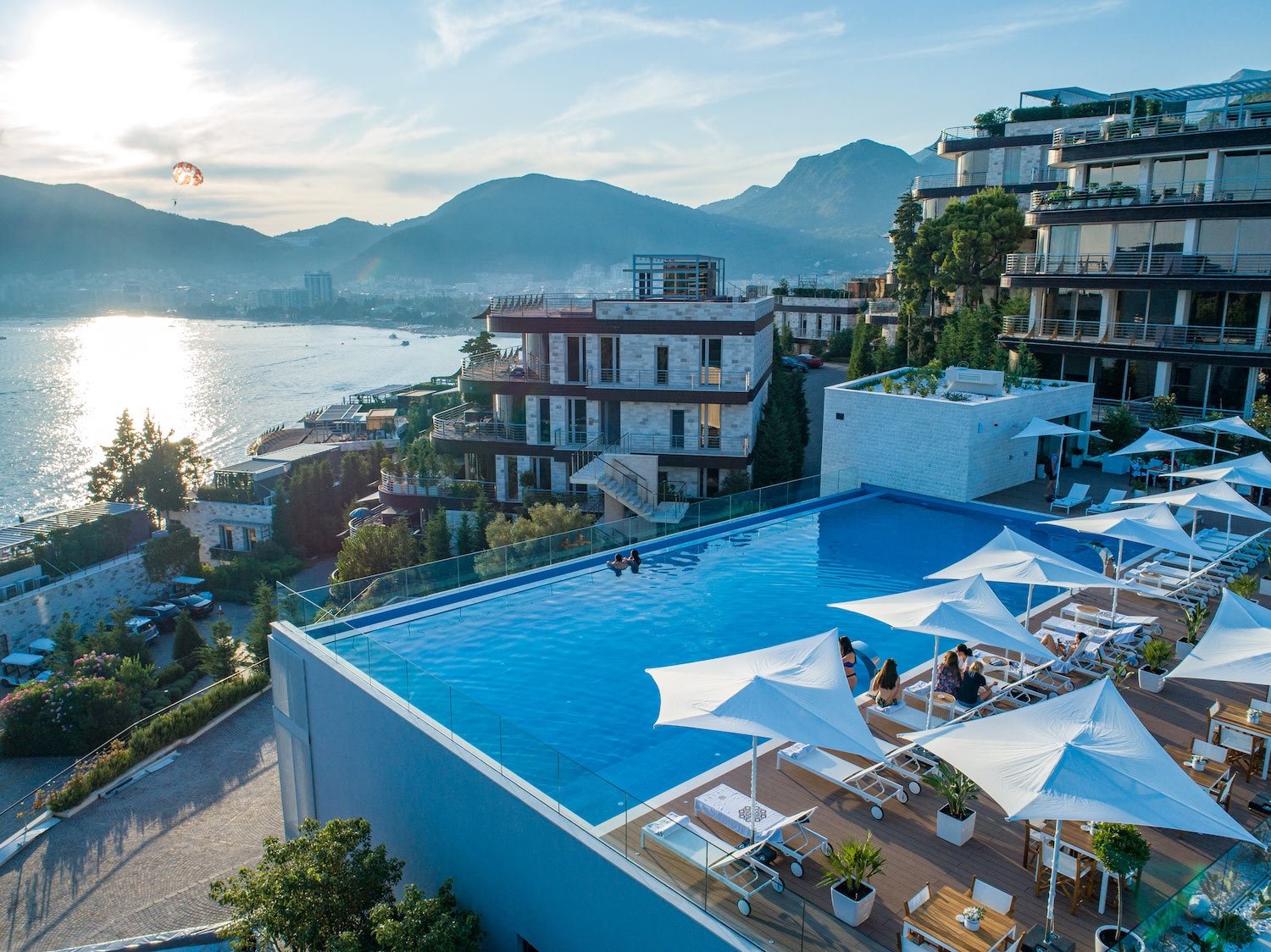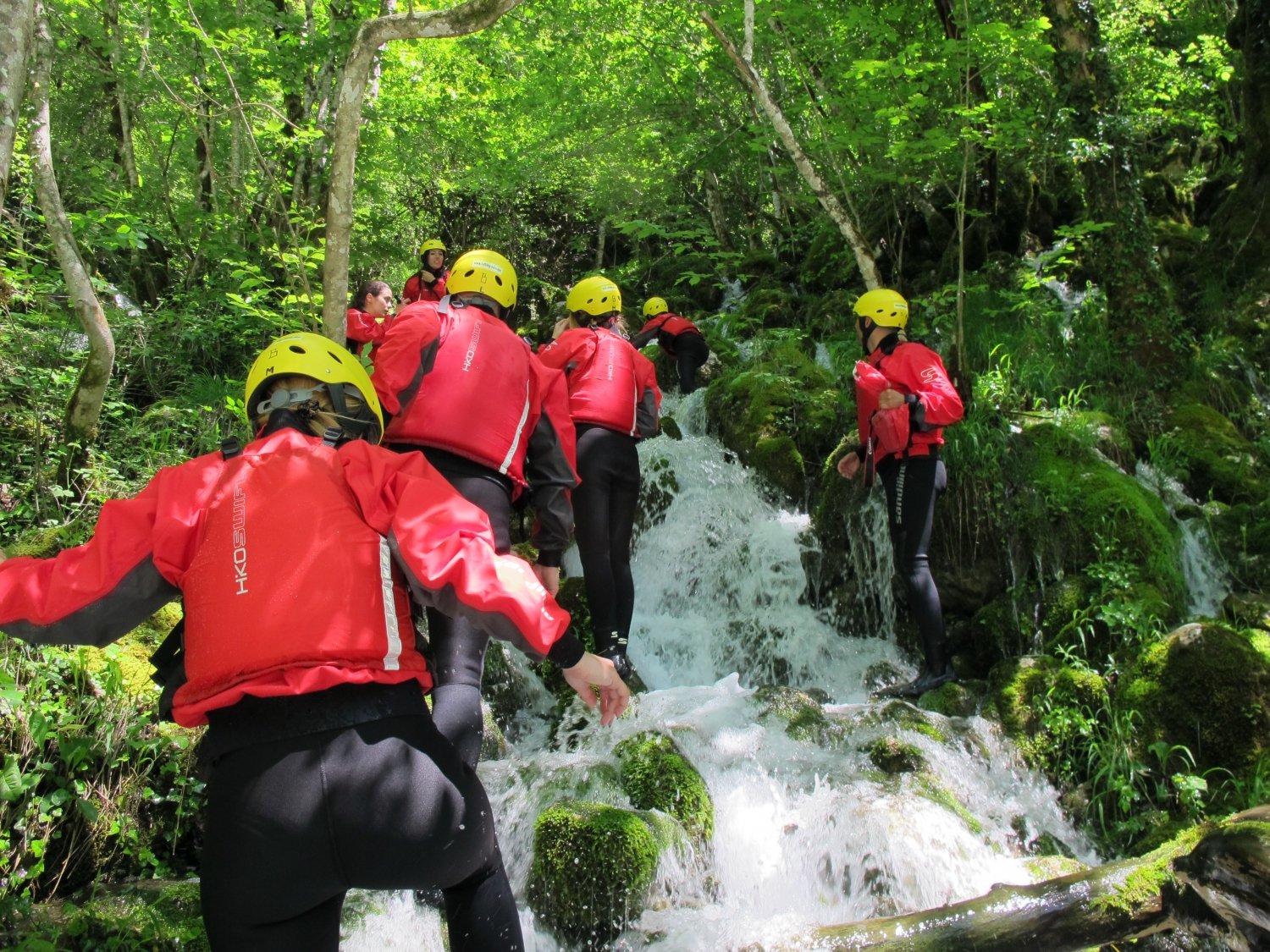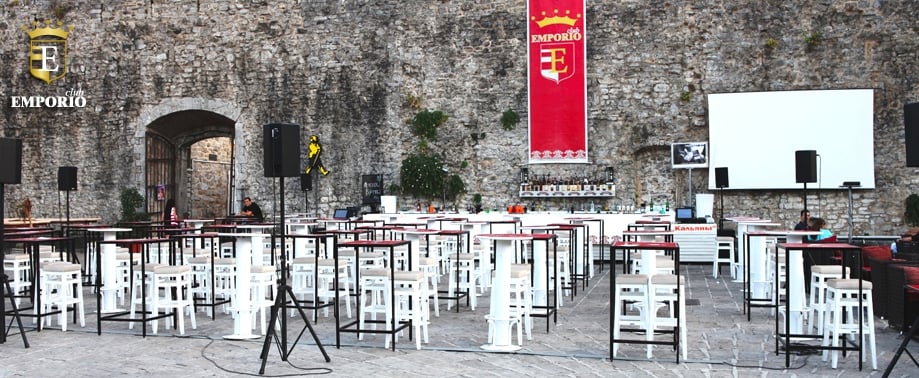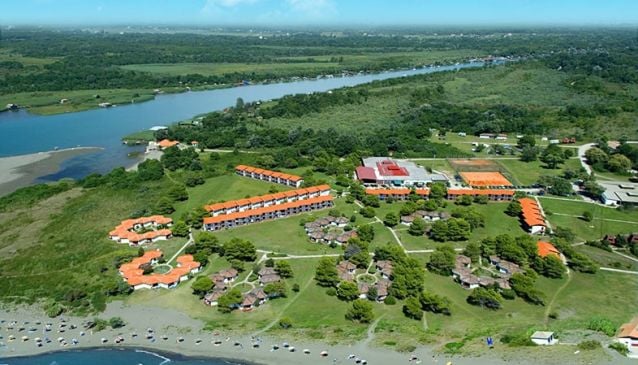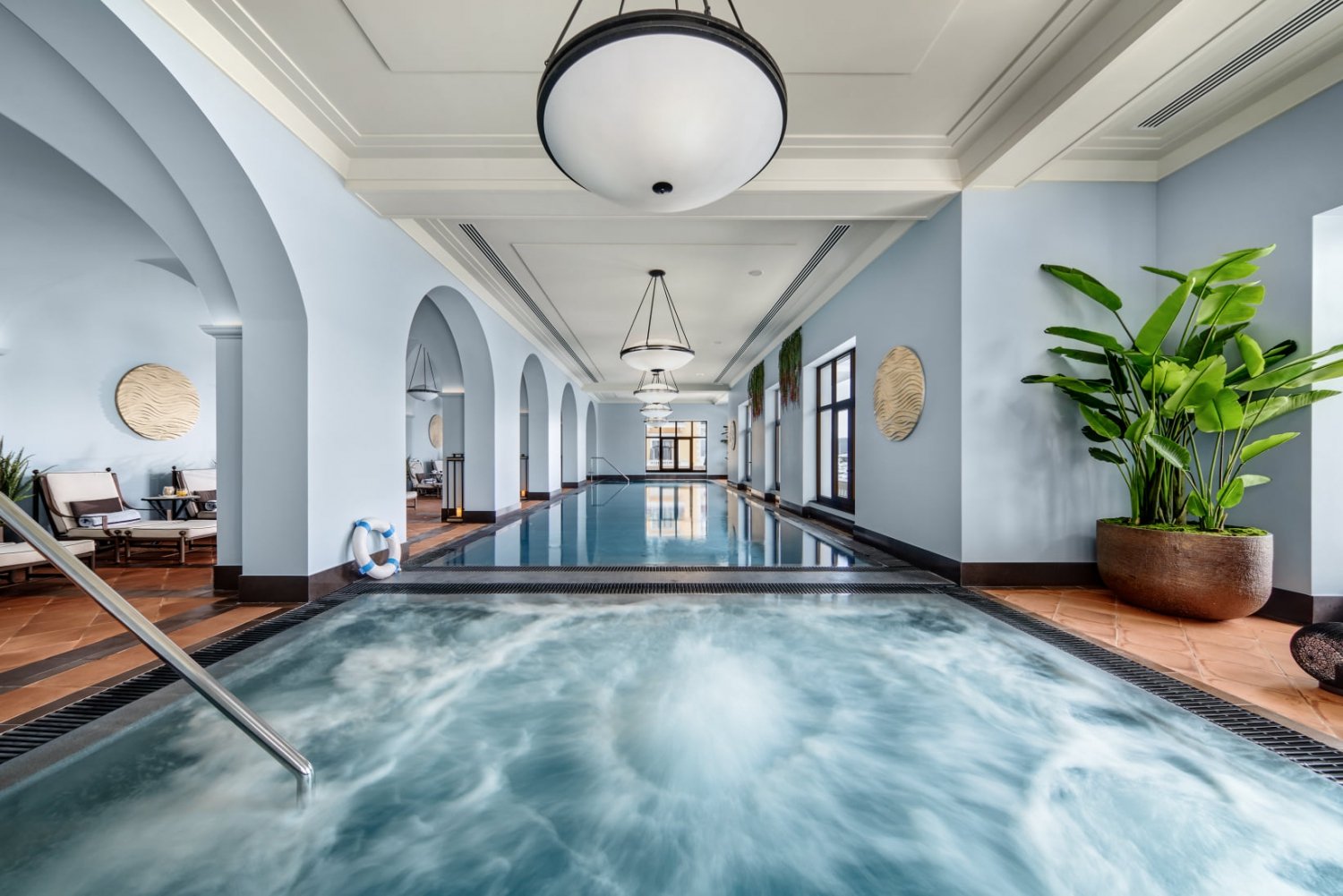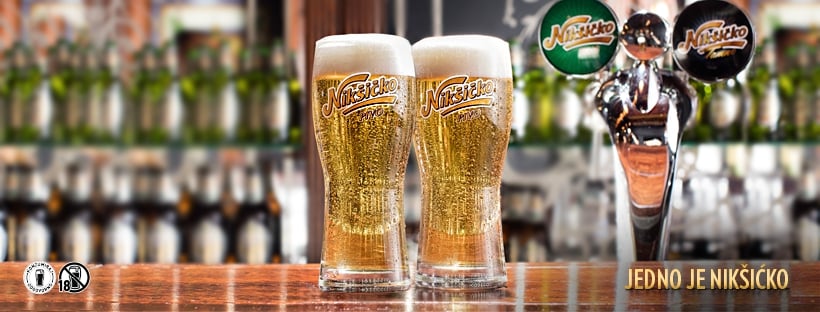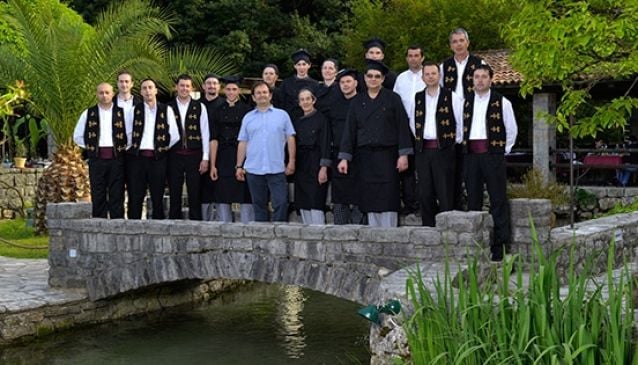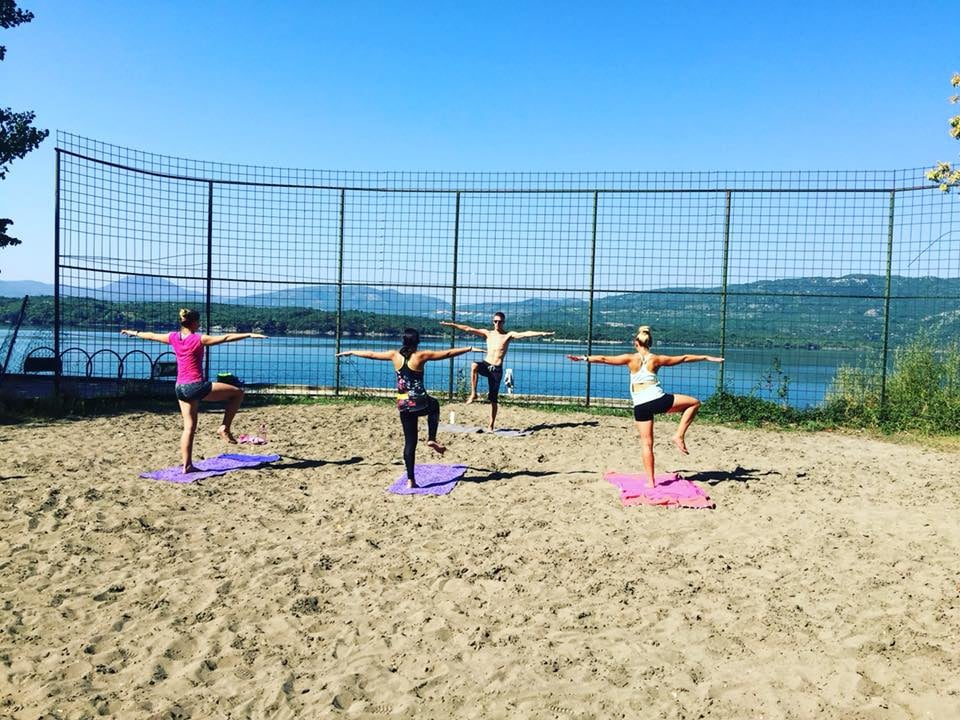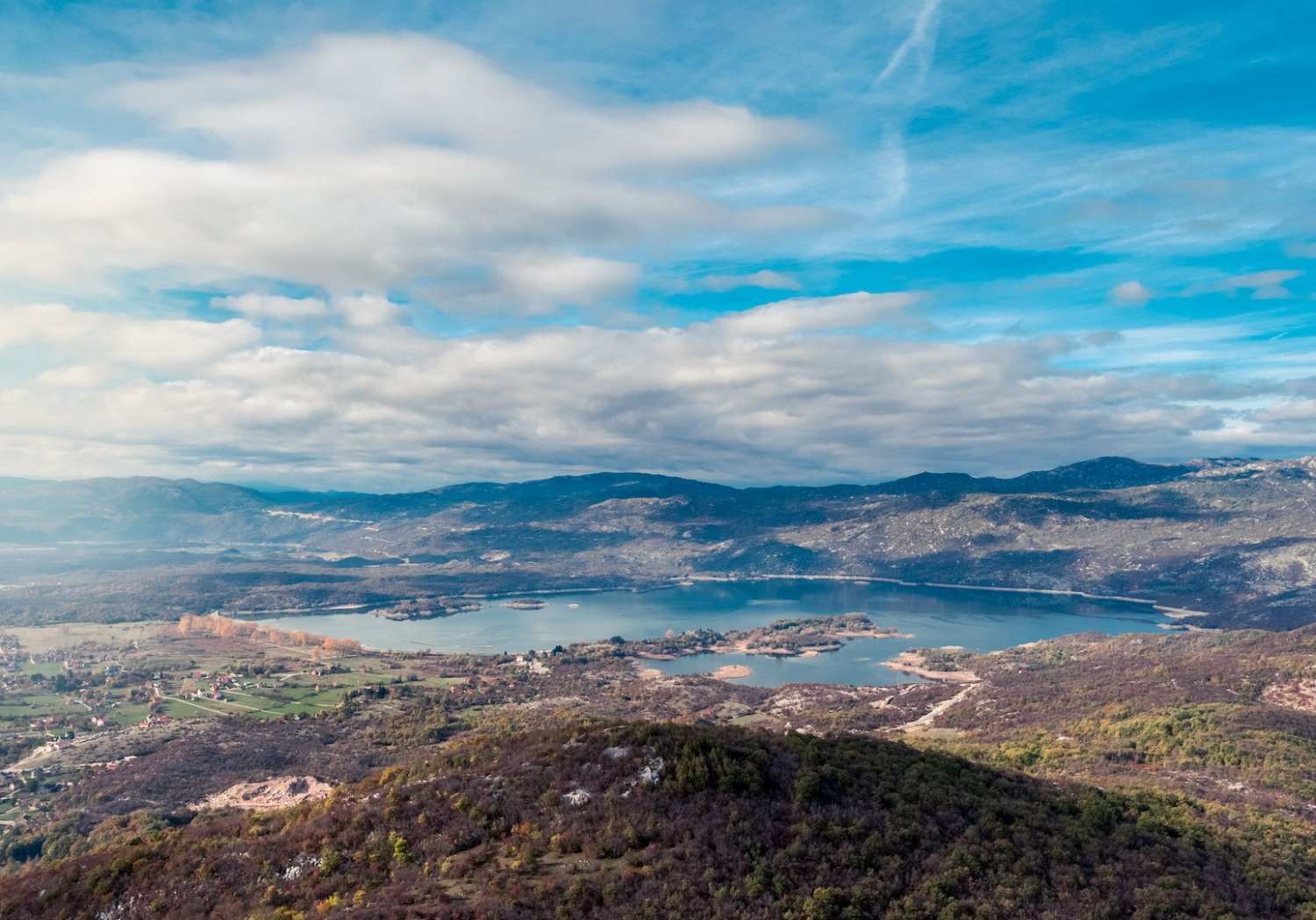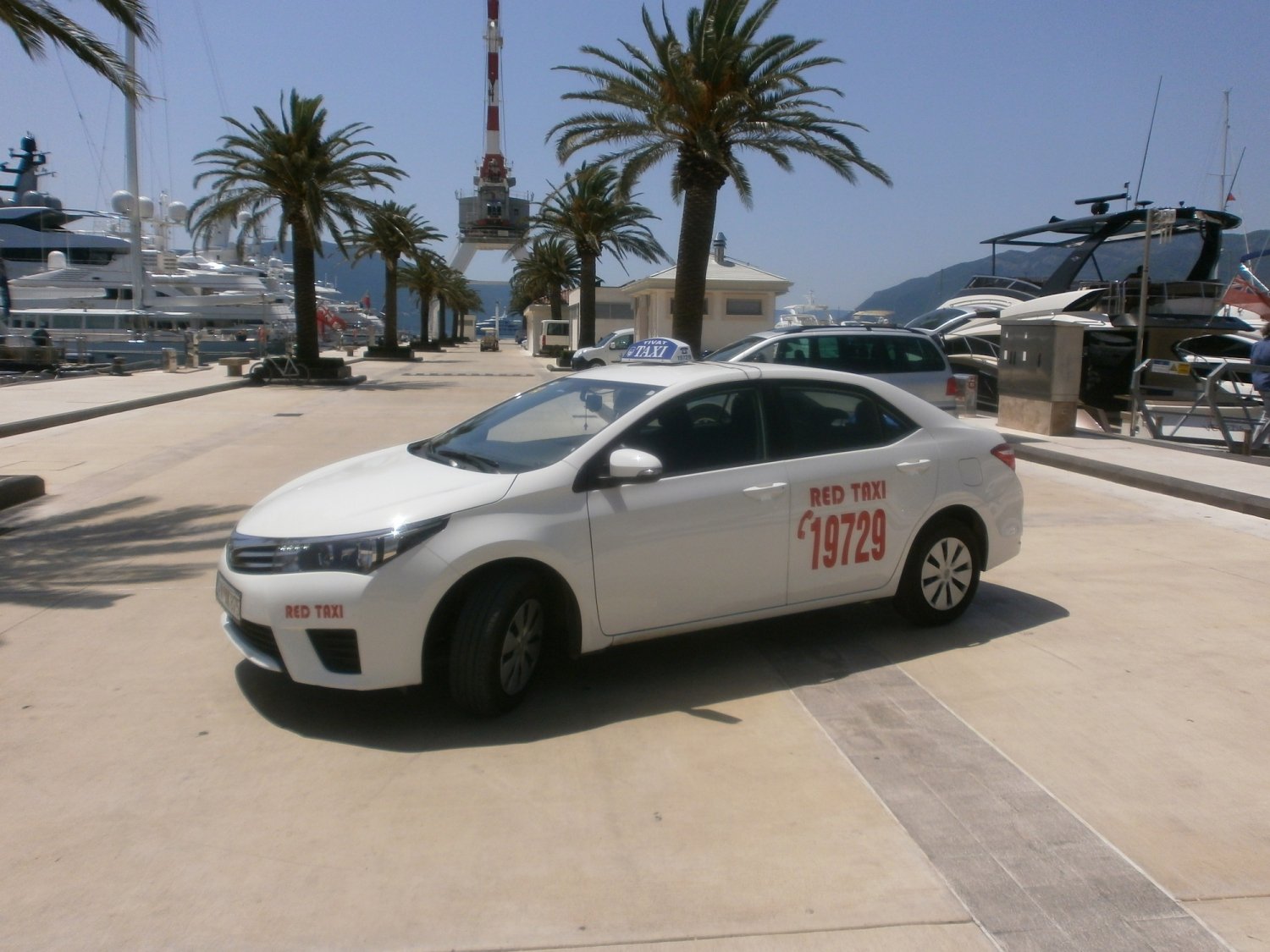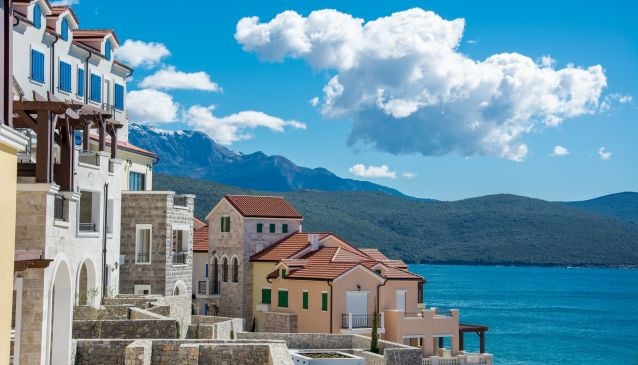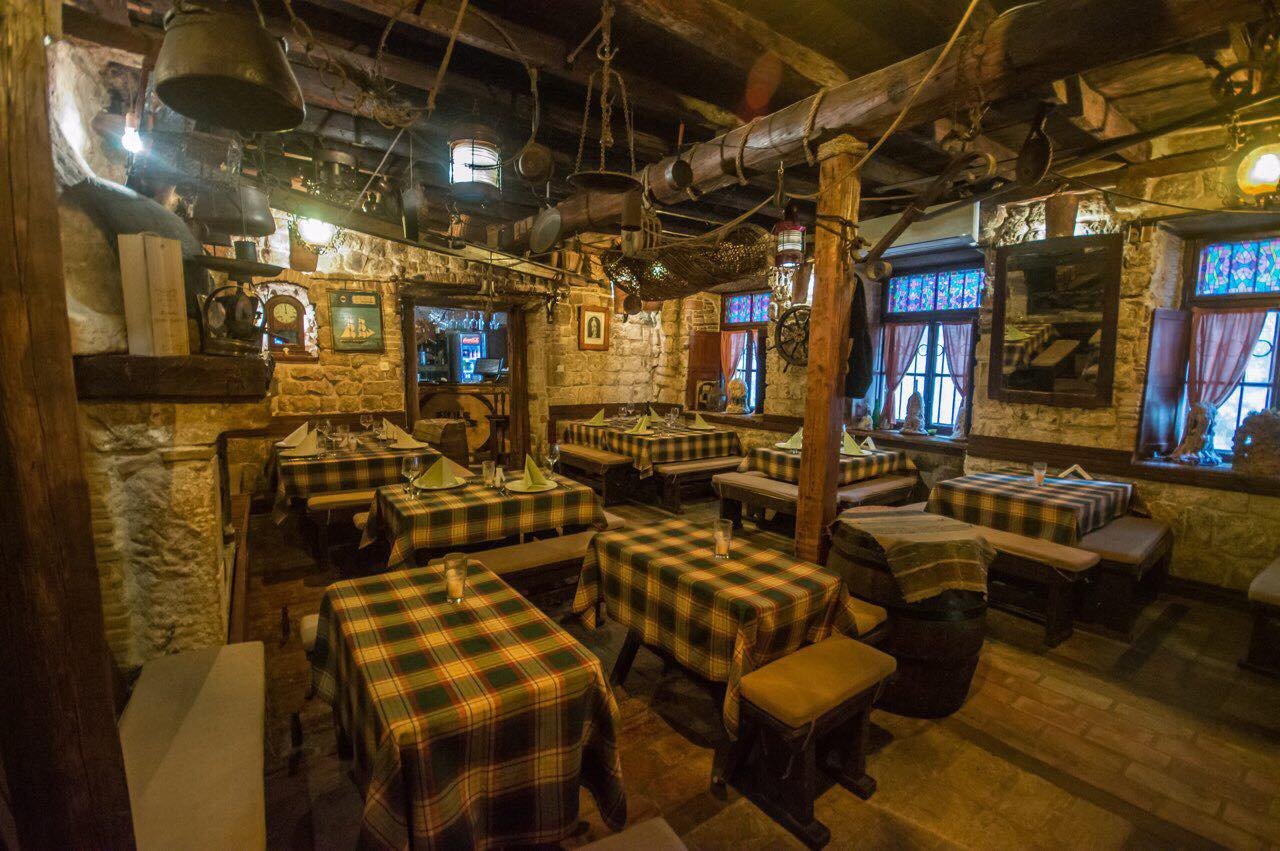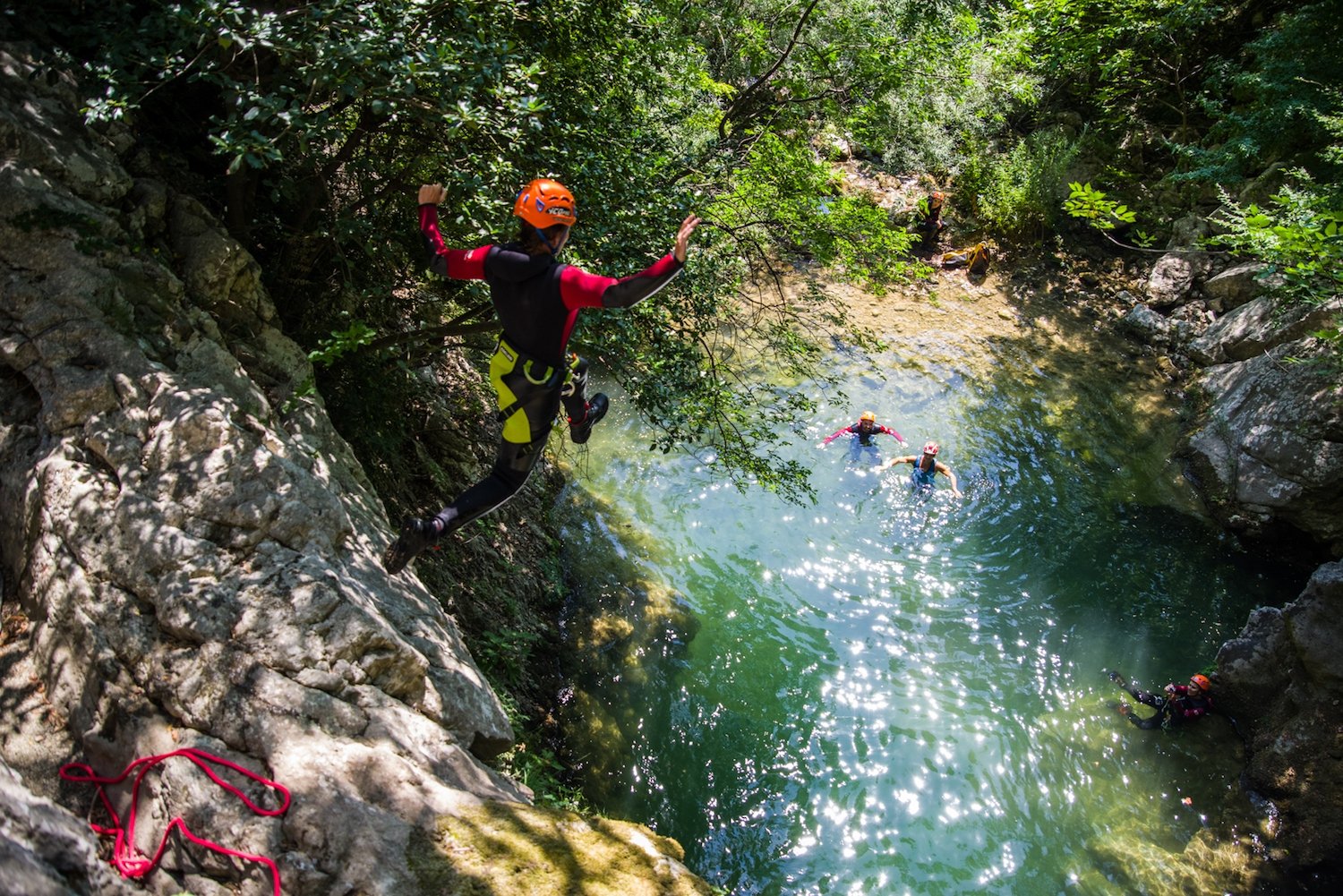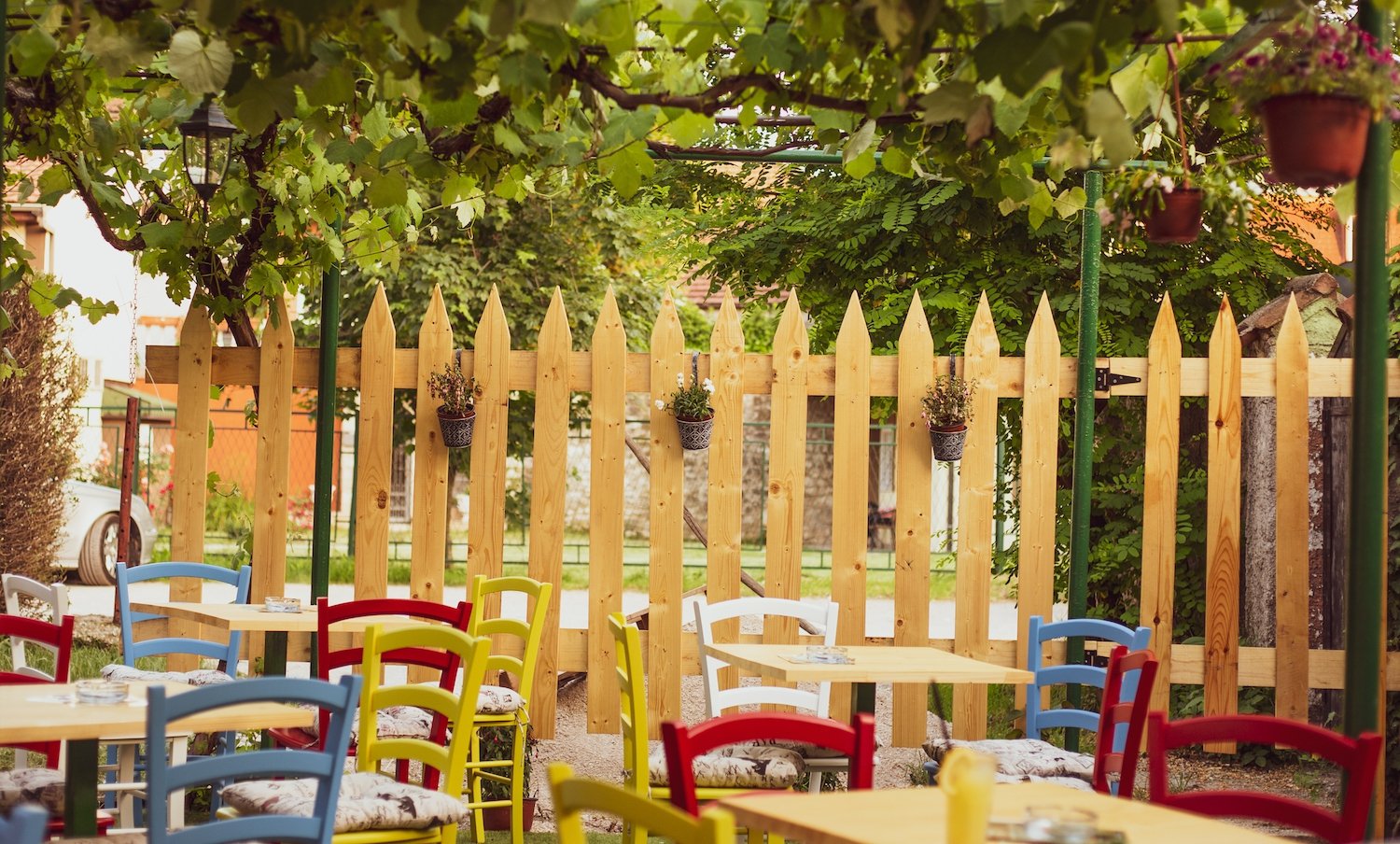Tips & Advice for Expats Living in Montenegro
Book Top Experiences and Tours in Montenegro:
If youʻre booking your trip to Montenegro last minute, we have you covered. Below are some of the top tours and experiences!- Montenegro: Full-Day Tour to Lovcen National Park & More
- Great Montenegro tour Kotor & Budva Old Towns & Skadar Lake
- Panoramic Boat Tour to Vranjina Monastery & Wine Tasting
- Montenegro: Durmitor, Tara & Ostrog Monastery Day Trip
- From Tirana or Durres: Private Transfer to Budva & Kotor
The favourable tax system of paying 9% tax on earnings; its mild climate and ideal geographic position (being close to most of the European cities); low cost of living and many other reasons make Montenegro a heaven living destination. So if you already know all of this mentioned and you are already an expat in Montenegro, here are some tips below, that you might find useful.
Education
Education in Montenegro is free and is it obligatory for children between the age of 6 and 15. Primary school lasts for 9 grades, and the duration of high school is 4 grades. High schools are not compulsory, and they provide pupils with general knowledge. The language of instruction is Montenegrin, while some schools offer instruction in Albanian as well (like the schools in Ulcinj and Tuzi).
Affording international schools in Montenegro might be a little bit expensive compared to free governmental education, but this is a great opportunity for expats and their kids and several international schools can be found around Montenegro. In Podgorica, there is the QSI International School, and in Tivat, there is the Knightsbridge Schools International, the international day and boarding school for boys and girls aged 3-18 years, licensed by the Ministry of Education.
Healthcare
Hospitals
The service in the private hospitals is much faster, you will avoid long queues and the price does not differ that much from the service in governmental hospitals. For example, to see a general doctor in a private hospital, you should pay around 15-30 â¬, depends on what you need and if you compare this to the public hospitals - the situation is almost the same.
One of the private hospitals, where you can obtain not only quality medical service but also numerous aesthetic treatments and physical therapy, is Medical Centre Budva. Almost every city in Montenegro has a private hospital, so you don't have to worry that you will need to drive to Budva every time. This is just one of the proven-to-be-good places that we feel confident to recommend.
Pharmacies
Fitness & Wellness
If you are a person who is into sports and being fit, in every city you will find well-equipped sports salons and gyms. Membership fees at the monthly level are quite reasonable (from 30 â¬) and there is a possibility of an annual subscription. You call also hire a personal trainer who can help you with the workout and exercising.
If you are a hard working person that would rather relax in your free time, than we have a selection of spa centres in Montenegro for you, on this link.
Transportation
Being a small country, when it comes to transport and transportation means, Montenegro is quite simple and accessible. The most common transportation means are buses, both local and long-distance buses. But not all the cities have local buses; most of them are small enough so you can reach every destination by foot, walking. Much less frequent than buses are trains which are also a cheap transportation option but not available in every town. Trains in Montenegro aren't modern and super fast, but very old and dating from some other time, but at least you get to enjoy the breath-taking nature.
Depending on the city in which you are located, taxi services are often used. For instance, in Podgorica and NikÅ¡iÄ people prefer using a taxi because it's very cheap (the starting price is 1 â¬), but on the other hand, in coastal towns like Budva, Kotor, Tivat, it is much more expensive, and you should be very careful not to be charged more than necessary. Our recommendation for coastal area is here, with a very affordable pricelist.
In order to drive in Montenegro, you need to have a valid driving license and also an international driving permit.
Montenegrin Cuisine & Grocery Shops
Montenegrins are known as a nation of gourmets! For meat products, pies, pasta to pastry and sweets, you will not be able to resist the rich offer. Meat (pork, beef and chicken) is the most commonly eaten food, but the offer is getting richer and more diverse from day to day, so vegans and vegetarians can easily manage. You will find vegan restaurants around Podgorica, in Tivat and Budva, and for those who want to try out different options, and get to know Mediterranean cuisine with a Montenegrin twist, we would recommend Tavern Trpeza and ÄatoviÄa Mlini in Kotor.
Local stores and supermarkets can be found on many different spots in the cities, so if you prefer cooking your own food, groceries can be bought for a low amount of money.
Nightlife
If you are a person who likes partying and going out, then you have come to the right place. In Podgorica, a night out in a local pub or bar might cost you around 10-15 â¬, while in Budva, if you prefer to visit some of the well-known clubs and party hard, it might be couple of times more expensive. Here, you can find the list of the best places to go out.
Working in Montenegro
Being an expat, and wanting to obtain a job in Montenegro, first you have to issue a working permit. The work permit application process usually takes less than 2 weeks, but first, you will need to find a local employer in order to qualify for a work permit or establish a company for yourself in Montenegro. Before issuing a work permit, you need to have a residence permit, which is relatively easy to get depending on which type of the permit residence you apply for.
In order to help you with these kinds of practical information, we suggest you become a member of the on-line InterNations community, or join our Facebook group, where you can find plenty of interesting and useful information, and of course, contact us for any question that you might have.



